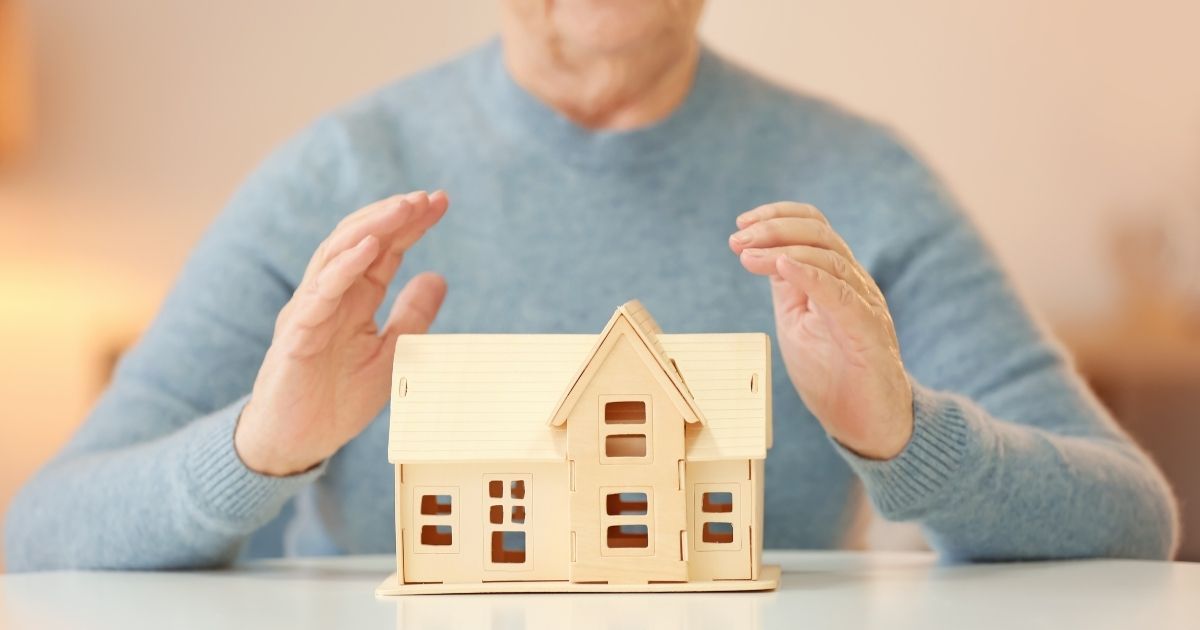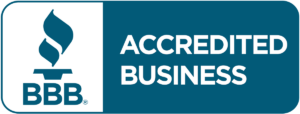One of the most challenging decisions children often face is deciding if mom or dad should continue aging in place or relocate to an assisted living facility or nursing home. A senior’s home represents self-sufficiency and privacy and provides them with all the familiar comforts they’ve become accustomed to. Deciding whether or not they can stay there can be incredibly difficult.
It’s particularly difficult if the child and parent live a long distance from each other and only see each other in person every few months, or longer. Asking parents about their needs and situation can sometimes lead them to hide the truth from family members. Adult children often find out what’s truly happening from a third party, such as a neighbor or the hospital.
Evaluating a Senior’s Ability to Continue Aging in Place
An in-person visit offers the most accurate evaluation of a senior’s ability to age in place; it’s the best way to determine their safety and quality of life. In addition, the visit provides the opportunity to identify any impairments the senior has developed and allows for a home safety assessment.
During the in-home visit, these topics and questions should provide you with the information you need to make a sound decision:
1. Medication management
Do they remember to take their meds at the correct times and with the proper dosage? Signs of mismanagement include finding expired medications or seeing pill bottles spread throughout the house with no apparent routine or structure.
2. Meal preparation
Can they cook for themselves? Are they eating balanced meals? Can they safely operate kitchen appliances? Have they had incidents of forgetting a meal in the oven, or have they accidentally left the stove on? Have they ever started a fire?
3. Safety and mobility
Is it difficult for them to take the stairs or get around the home? Has a plan been put into place for them to summon help in case of an emergency? Would they be open to using a mobility aid for added stability?
4. Personal hygiene
Are they able to bathe and groom themselves and launder their linens and clothes? Are there signs that they’re not bathing frequently enough, such as body odor, an unkempt appearance, or soiled clothing?
5. Transportation
Do they still drive? Have they gotten into automobile accidents or found themselves lost when driving? Do they have another means of transportation to get to doctor’s appointments, go grocery shopping, and run other errands?
6. Socialization
How much of their time is spent isolated from other people? Do they have friends? How often are they getting out of the house? Are they showing signs of depression?
7. Home management
Is the house in general disarray, or is it sufficiently clean (check out bathrooms and refrigerators closely, and look for unusual odors and stains on carpets)?
8. Financial management
Are their bills getting paid on time? Are there stacks of late payment notices, unpaid bills, or unopened mail lying around? Checking their bank statements, are there signs of excessive spending? Are they getting calls from creditors or telemarketers?
These questions and observations often reveal hazards associated with a senior’s living situation and serious changes in their physical and mental health.
For example, poor money management can be a sign of financial elder abuse, and a burned pot on the stove can show the potential for a house fire. It’s up to you to evaluate their situation, be realistic about what you’re finding, and be proactive to ensure the wellbeing of your loved one.
Let Us Help!
Remaining objective when evaluating their situation can be difficult. However, AmeriCare Plus can provide you with an unbiased, professional opinion after one of our free home care assessments. For over 25 years, we’ve been serving seniors throughout Virginia, and we welcome the opportunity to assist your family in ensuring that your loved one is aging in place safely and with dignity.
Call us today at (844) 407-CARE and schedule your free evaluation today.
Continue Reading
Get a personal assessment.
Call us today at 1.844.407.2273
Schedule your free, no-obligation assessment today!










